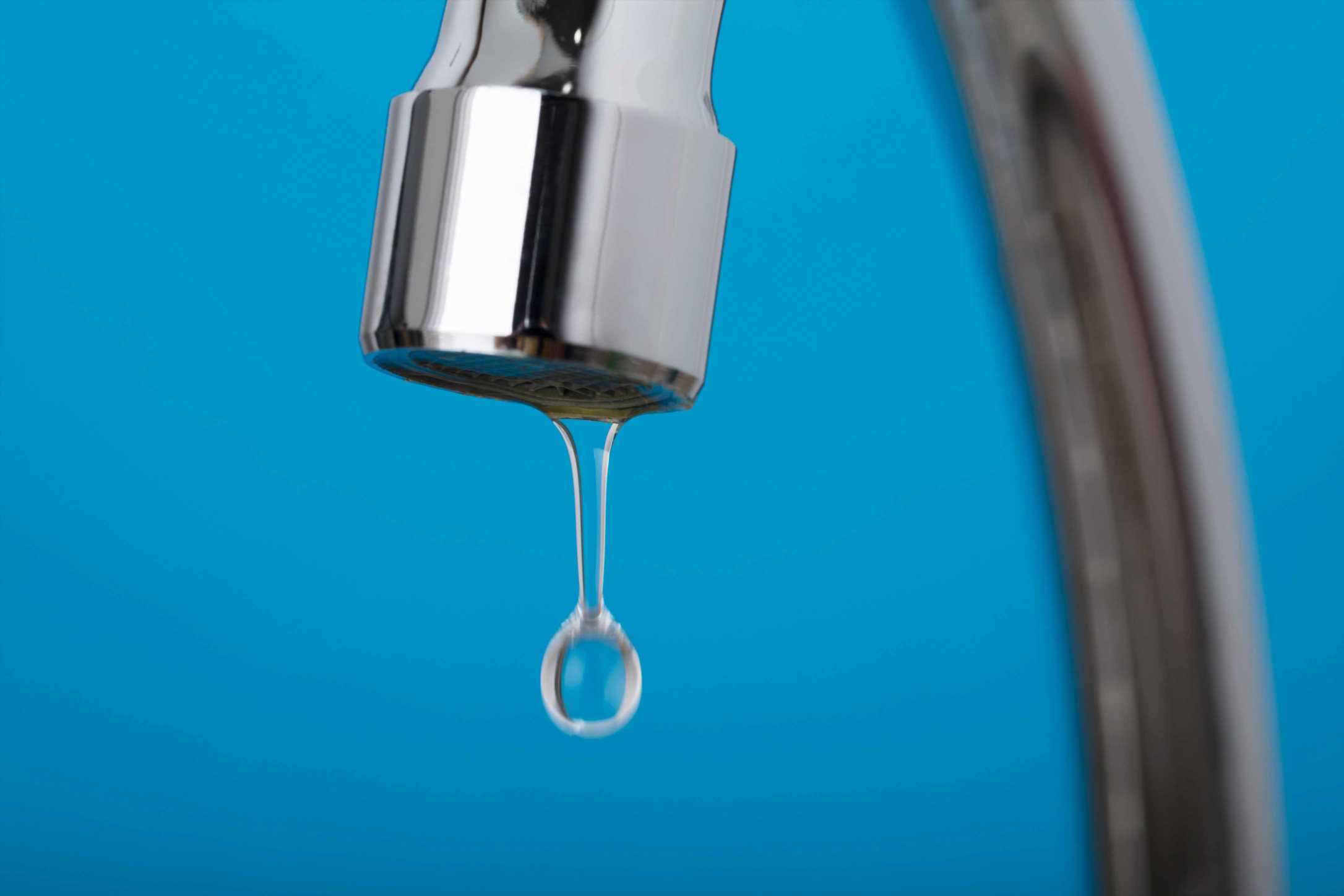Price of a night out will soar as clubs and bars plan major price rises saying their costs have risen by 26 per cent
- Some 198 nightlife operators saw 26% rise in cost of running businesses in 2021
- Clubs, bars and casinos said this included 18% rise in cost of food and drink
- Workforce costs rose 18% while insurance and utility bills rose by 31% and 29%
The cost of a night out is set to become ‘considerably more expensive’ as clubs and bars plan major price rises after costs soared by more than a quarter over the past year.
Industry leaders have warned there ‘is little else’ nightlife businesses can do than pass cost increases onto customers after being struck by higher wages, rising food and drink costs and an end to Government support measures.
It comes as millions of Brits are already bracing for the sharpest fall in living standards on record due to surging energy bills and the impending National Insurance hike.
The Night Time Industries Association (NTIA) said its latest survey of 198 nightlife operators revealed they saw a 26 per cent jump in the cost of running their businesses last year.
Nightclubs, bars, casinos and companies in the supply chain said this included an 18 per cent rise in the cost of stock, including food and drink.
Meanwhile workforce costs have leapt 18 per cent, insurance costs have increased by 31 per cent following pandemic disruption and utility bills have risen 29 per cent.
‘It is unfortunately the case that when you see enormous cost increases of the kind we have felt in our sector, for the vast majority of businesses there is little else they can do other than pass these on to consumers,’ said Michael Kill, chief executive officer of the NTIA.
Nightlife venues say workforce costs have leapt 18 per cent, insurance costs have increased by 31 per cent following pandemic disruption and utility bills have risen 29 per cent (Pictured: Group of girls enjoy night out in Swansea, following lifting of Covid rules, January 28, 2022)
The Night Time Industries Association (NTIA) said its latest survey of 198 nightlife operators revealed they saw a 26 per cent jump in the cost of running their businesses last year. (Pictured: Hundreds of people were pictured queuing to get into bustling venues in Newcastle without needing to show Covid passes or use masks for the first time on January 28, 2022)
‘Sadly, what this will mean is people’s well-earned nights out being made considerably more expensive, just when they are themselves struggling with their own cost of living and trying to decide which monthly expenses they can do without.’
The NTIA said firms have already swallowed significant costs following heavy pandemic disruption but face a ‘perfect storm’ in April.
Businesses are set to be further impacted by an increase in National Insurance contributions, a rise in the National Living wage to £9.50 an hour, and reductions in pandemic support such as reduced food and soft drink VAT in April.
Firms also told the industry group that they are still operating at below 70 per cent of pre-pandemic levels despite the easing of restrictions.
‘These statistics show just how bleak things remain for our sector,’ Mr Kill added.
‘I think there is a temptation to think that, because it feels as if the pandemic restrictions are now behind us, that nightlife will just snap back to its pre-pandemic strength and everything will be fine.
Industry leaders have warned there ‘is little else’ nightlife businesses can do than pass cost increases onto customers after being struck by higher wages, rising food and drink costs and an end to Government support measures. (Pictured: Revellers queue outside a nightclub on January 28, 2022)
‘Sadly, this couldn’t be much further from the truth.’
It comes after some 93 per cent of hospitality businesses said they plan to increase customer prices, according to a survey of 340 operators running 8,200 venues by trade body UK Hospitality, published last week.
The data revealed firms predict average prices will rise by 11 per cent in a bid to offset soaring costs.
Hospitality firms said they need to lift prices after witnessing double-figure increases in energy bills, labour, food and drink prices and insurance costs.
Kate Nicholls, chief executive of UK Hospitality, said: ‘Omicron has infected the start of 2022 with lower-than-expected trading levels and higher than expected cancellations in hospitality venues.
‘One in three businesses in our sector have no cash reserves left and are already carrying heavy debt burdens.
‘Many of our community pubs, restaurants, hotels and hospitality venues will therefore fail as the cost-of-living crisis bites, causing demand to falter.
‘This can only cause the UK’s wider economic recovery to stutter.’
Britons were last week warned they face the biggest fall in living standards on record with energy bills and mortgage rates soaring – as Rishi Sunak finally unveiled a £9billion cost-of-living crisis package but admitted it will hardly make a dent in the pain for families.
The Chancellor announced new help in the Commons minutes after it was revealed the energy price cap is going up 54 per cent for millions of people in April, meaning typical costs will rise £693 to £1,971.
And as he spoke, the Bank of England pushed interest rates to 0.5 per cent to control rampant inflation, which it now believes will reach 7.25 per cent in April and act like a lead weight on the economy, as well as pushing up unemployment.
It cautioned that disposable incomes are on track to fall by around 2 per cent – the worst impact since comparable records began in 1990.
Mr Sunak said A-D band homes in England will get £150 council tax rebates, while £200 government-backed discounts will help temporarily keep electricity bills lower for everyone – but must be repaid over five years.
There will also be a £150million ‘discretionary fund’ for local authorities to distribute to worse-off families.
But Mr Sunak conceded it would be ‘wrong and dishonest’ to claim that he can take away all the pain, pointing to soaring global gas costs.
He said the ‘vast majority’ of households would see a £350 benefit – but that is barely half the average energy cap increase.
‘Without Government action, this could be incredibly tough for millions of hardworking families. So the Government is going to step in to directly help people manage those extra costs,’ Mr Sunak said.
The policy had been delayed by weeks of internal wrangling with Boris Johnson and the Cabinet, after many ministers pushed for the £12billion national insurance raid to be delayed or axed.
Labour accused Mr Sunak of a ‘puny’ response and a ‘buy now pay later’ approach, arguing he is merely delaying the pain.
He was also assailed by some Tory MPs, with Peter Bone branding him a ‘socialist’ in an extraordinary barb.
Mr Sunak said: ‘We are delivering that support in three different ways. First we will spread the worst of the extra costs of this year’s energy price shock over time. This year all domestic electricity customers will receive an up front discount on their bills worth £200.
‘Energy suppliers will apply the discount on people’s bills from October with the Government meeting the cost in full, that discount will automatically be repaid from people’s bills in equal £40 instalments over the next five years.’
Source: Read Full Article





